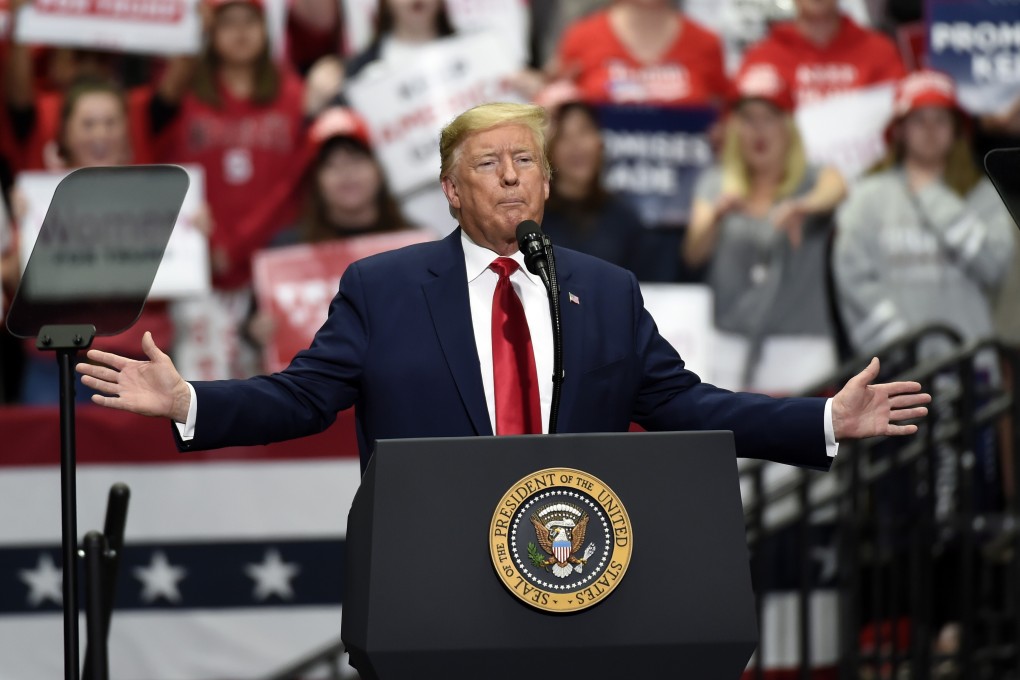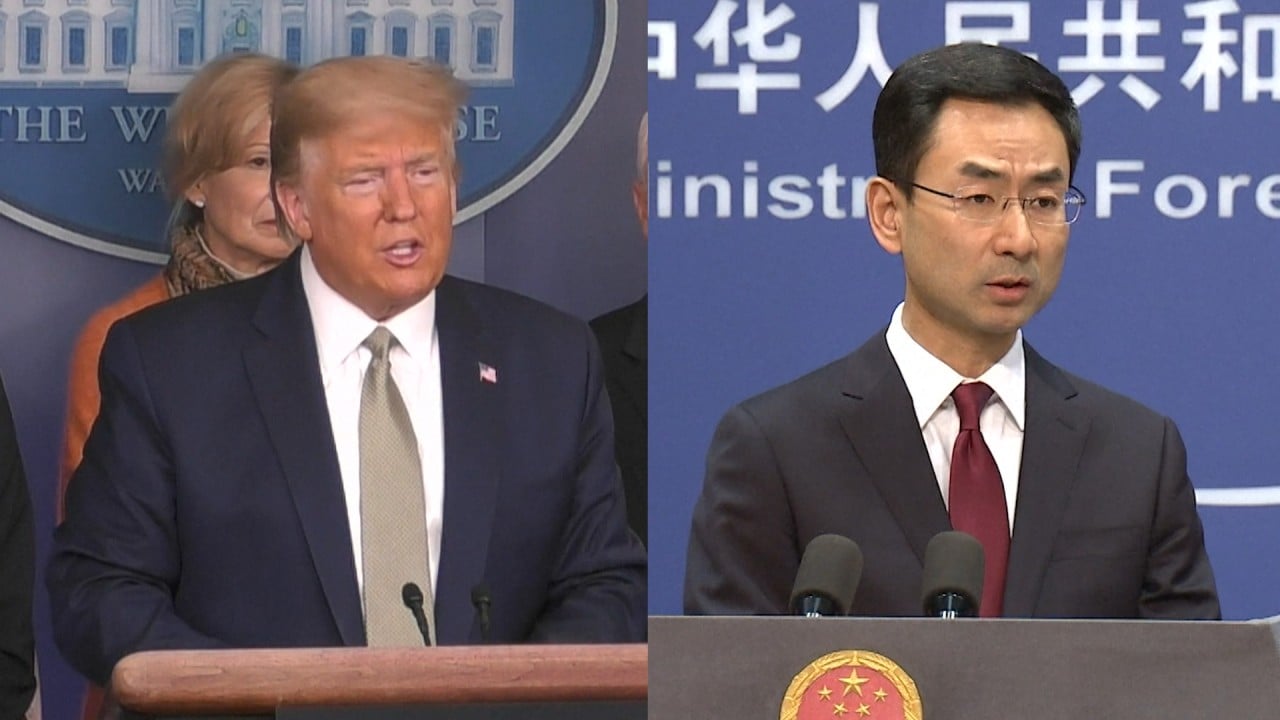Advertisement
Opinion | Anti-China rhetoric is not just US election bluster this time around
- Experience has taught Chinese leaders not to take statements made about China during US elections too seriously. However, this time, the window of opportunity to reset relations after the elections will be narrower and the differences wider
Reading Time:3 minutes
Why you can trust SCMP

The free fall in US-China relations has significantly heightened the chances for escalation or miscalculation. No doubt the US instituted, unilaterally, disruptive policies: Congressional acts related to Xinjiang and Hong Kong; restricting Huawei’s access to US technology; seeking to limit foreign (read “Chinese”) students; and now talk of prohibiting US visas for over 90 million Communist Party members, the vast majority of whom are not involved in policy.
Advertisement
But why does such a tough stand against China now enjoy widespread American support? Opposing China is just about the only issue on which Democrats and Republicans agree.
Politicians follow polls. A Pew poll in March found 66 per cent of US adults held a negative view of China, the highest percentage ever.
Certainly, there is election-year politics involved: given the US’ disastrous record of controlling the coronavirus, attacking China seems both politically expedient and a convenient distraction.

03:01
Trump angers Beijing with ‘Chinese virus’ tweet
Trump angers Beijing with ‘Chinese virus’ tweet
The contest between US President Donald Trump and his presumptive Democratic opponent, Joe Biden, will be a slug-out brawl. Both seem to believe that whoever can best bash China will win. Each will accuse the other of being “soft on China” – the ultimate insult.
Advertisement

Advertisement
